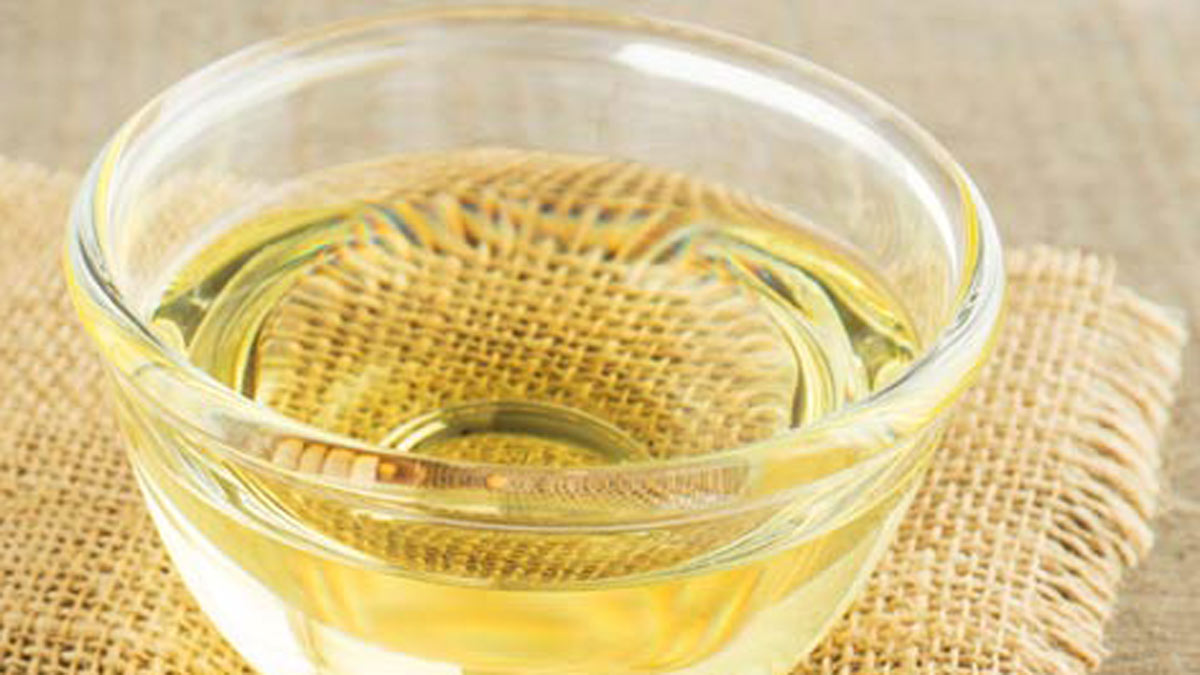A recent research published in Gut has suggested a potential connection between specific cooking oils and colon cancer among the young. Gut is a journal of the British Society for Gastroenterology and the British Medical Journal.
The rise of colon and rectal cancer in individuals below the age of 50 is a striking new trend. Given the use of oil in Indian cooking, the study might offer some insights into potential risks for us too.
Dr. Mohammed Mithi, consultant oncologist from the Saifee Hospital, Mumbai, however, warned that the study was not large or robust enough for its conclusions to be generalised. It was, however, worth examining.
The study points to processed vegetable oils, such as soybean, sunflower, and palm oils, as potential culprits. These oils are high in omega-6 fatty acids, which, while essential in small amounts, can lead to chronic inflammation if consumed excessively. Such inflammation enhances risk for many diseases, including cancer.
The refining process to make cooking oils also removes beneficial nutrients from them while adding unhealthy trans fats. This is especially true for refined oils which are heavily used in Indian kitchens due to low cost and high smoke points (the temperature at which the oil starts to burn).
The use of such oils is compounded by deep frying which is common in our kitchens. Heating oils at high temperatures, particularly repeatedly, can produce harmful compounds like acrylamide and polycyclic aromatic hydrocarbons, both of which have been linked to cancer risk.
There is however not just a straight relationship between these oils and cancer risks as overall diet, genetics, and lifestyle also have a role to play.
Another serious point of concern in Indian diets is the insufficient consumption of fibre which aid in digestion, allowing regular elimination of harmful residues or poisons from one’s system.
Saifee offers some pointers to minimise potential risks. The first is to use unrefined or cold-pressed oils like mustard oil, groundnut oil, or coconut oil. They have more nutrients and fewer chemicals compared to refined oils. Olive oil, especially extra virgin, is another good choice, but is better suited for low-heat cooking. Secondly, rotate your oils to get the right mix of fatty acids.
We should consciously cut down on frying, focus on eating fibre and measure the oil being used.
Small, constant changes, Saifee said, could work like magic for our health.
Cooking oils and cancer: What Indians should be concerned about
A recent study has suggested that there is a possible connection between some of the cooking oils and colon cancer

TAGS
Join our WhatsApp Channel to get the latest news, exclusives and videos on WhatsApp
Read more
-

'Loud boom, black fumes': Indian man who witnessed Kazakhstan flight tragedy recollects how Azerbaijani Airlines crashed
-

Mohamed Salah, Liverpool agree on contract extension, winger to stay at Anfield till 2028: Report
-

Karan Johar's new film with Kartik Aaryan signals end of reported 'feud'
-

Airtel outage: Mobile, broadband services return for some but others still face problems
-

PSLV-C60 POEM-4: Pioneering space research with cutting-edge payloads from ISRO, startups, and universities
*Articles appearing as INFOCUS/THE WEEK FOCUS are marketing initiatives

